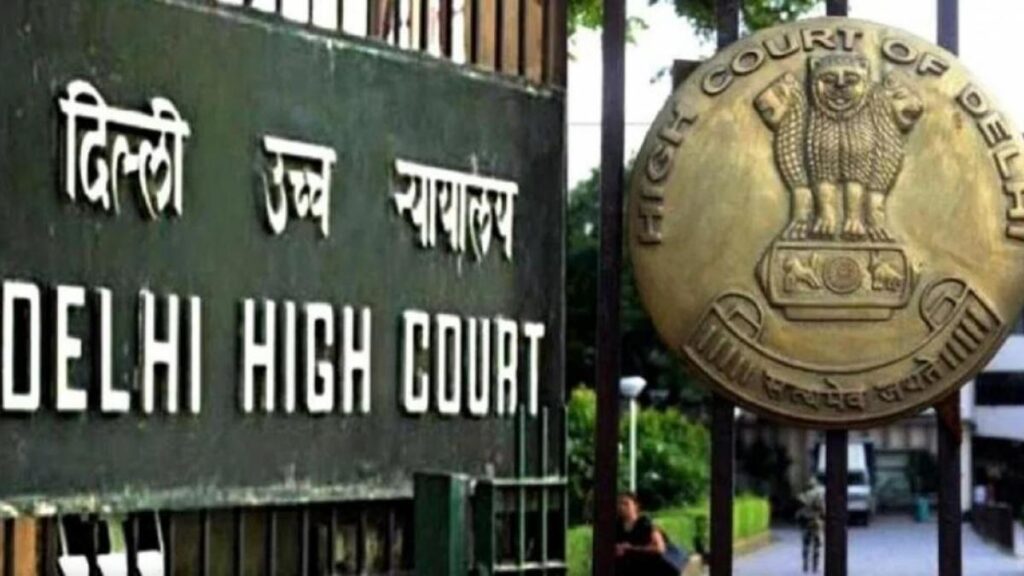HC asks NHAI to respond to plea challenging collection of double toll tax from vehicles without FASTag
New Delhi, Dec 23 (PTI) The Delhi High Court sought on Friday the response of the National Highways Authority of India (NHAI) and the Centre to a plea challenging the rule making it compulsory for vehicles without FASTag to pay double the the toll tax.

A bench of Chief Justice Satish Chandra Sharma and Justice Subramonium Prasad issued notices to the NHAI and the Ministry of Road Transport and Highways (MoRT&H) on the petition which contended that the rule was discriminatory, arbitrary and against public interest as it empowers the NHAI to collect toll at double the rate, if paid in cash.
The high court granted four weeks to the authorities to file their replies and listed the matter for further hearing on April 18.
Petitioner Ravinder Tyagi, represented by advocate Praveen Agrawal, has sought the quashing of a provision of the National Highway Fees (Determination of Rates and Collection) Amendment Rules, 2020 read with MoRT&H letters and NHAI circular due to which commuters without a FASTag on their vehicles are bound to pay double the toll tax.
FASTag is a device that employs Radio Frequency Identification (RFID) technology for making toll payments directly while the vehicle is in motion. FASTag (RFID Tag) is affixed on the windscreen of the vehicle and enables a customer to make the toll payments directly from the account which is linked to it.
The plea said these rules and the circular convert all the toll lanes to 100 per cent FASTag lanes with the consequence that commuters not having a functional FASTag are compelled to pay double the toll amount.
The petitioner, a lawyer, claimed he was compelled to install a FASTag device in his car because of the compulsion of paying double the toll in cash.
He said before installing the FASTag he had paid toll tax at double the rate. He referred to the agony of the commuters that he saw during his visits from Delhi to Faridabad in Haryana.
The plea said the petitioner had made a representation to the NHAI and the ministry but he was not satisfied with the response after which he approached the high court.
He sought a direction to the authorities concerned to stop the practice of collecting double toll tax, saying it was violative of Article 14 (equality before law) and 19 (freedom of speech and expression) of the Constitution.




